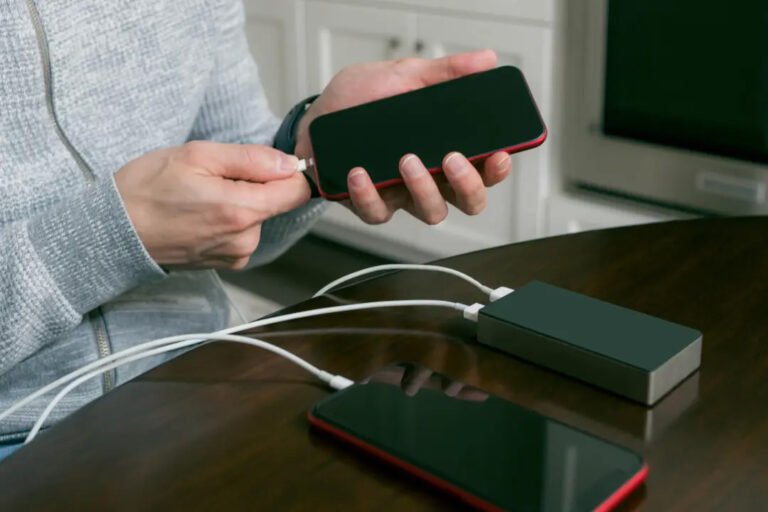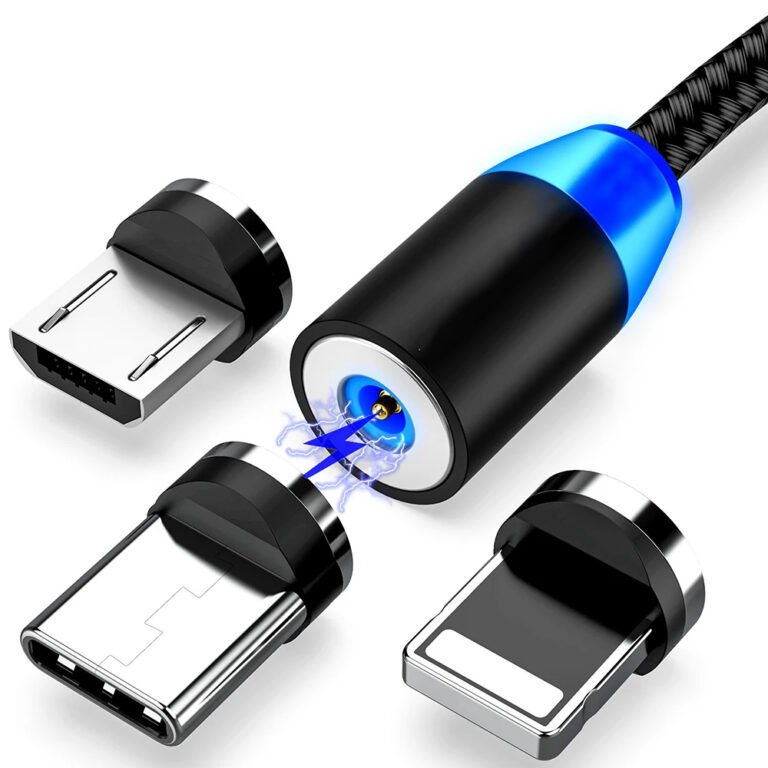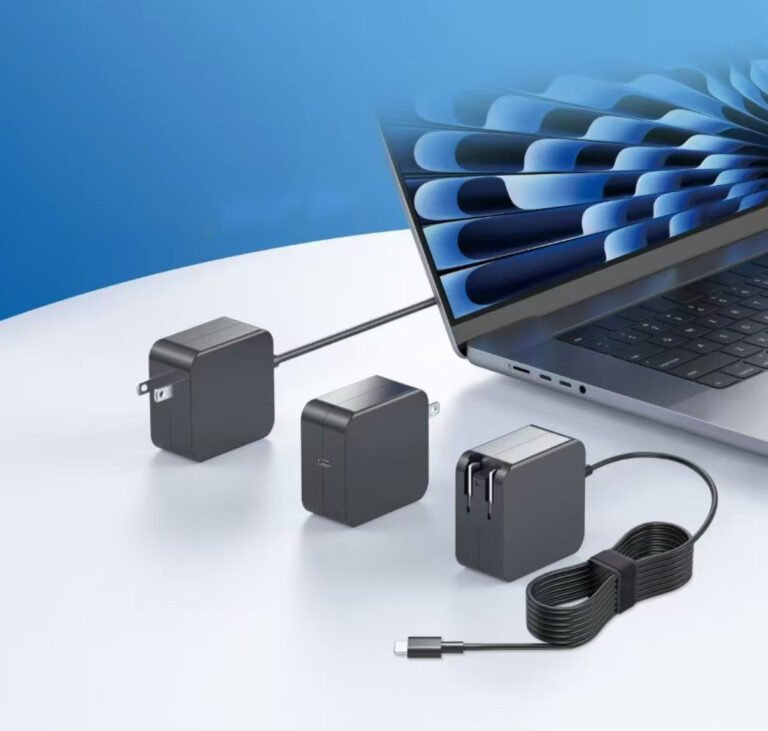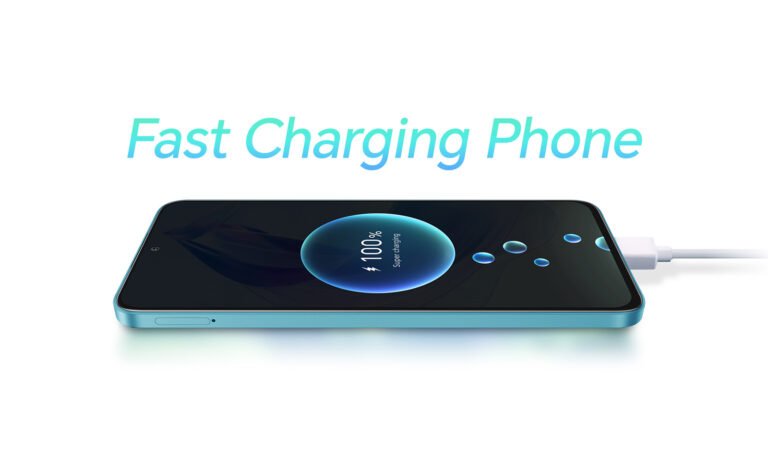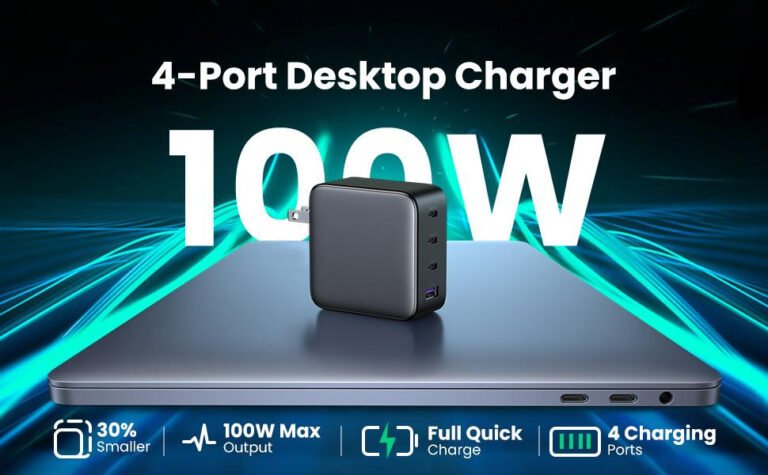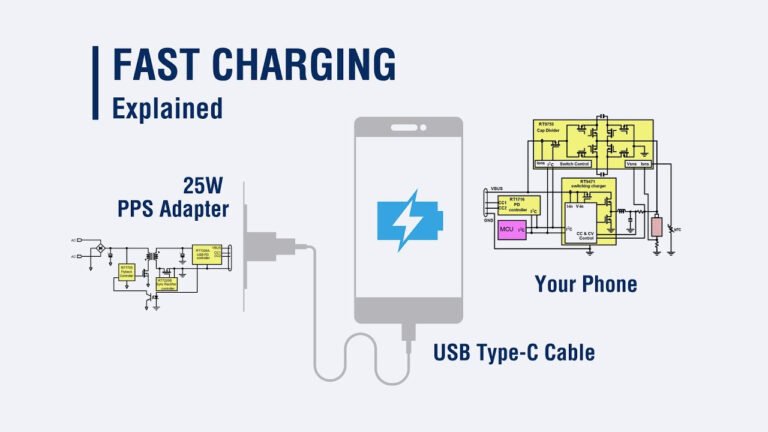Clarify your needs first: What is your charging scenario?

Before purchasing a charger, identify your needs and ask yourself these key questions:
Application Scenarios:
Home, office or business trip? For home use, multi-port chargers may be suitable, while for traveling business trips, a lightweight and compact unit should be chosen.
Charging Speed:
Is fast charging necessary? Fast charging has a certain impact on the battery life, but it can cut down the charging time.
Device Compatibility:
Do you want to charge other devices such as laptops, tablets, etc.? If so you had better choose one that supports multiple protocols.
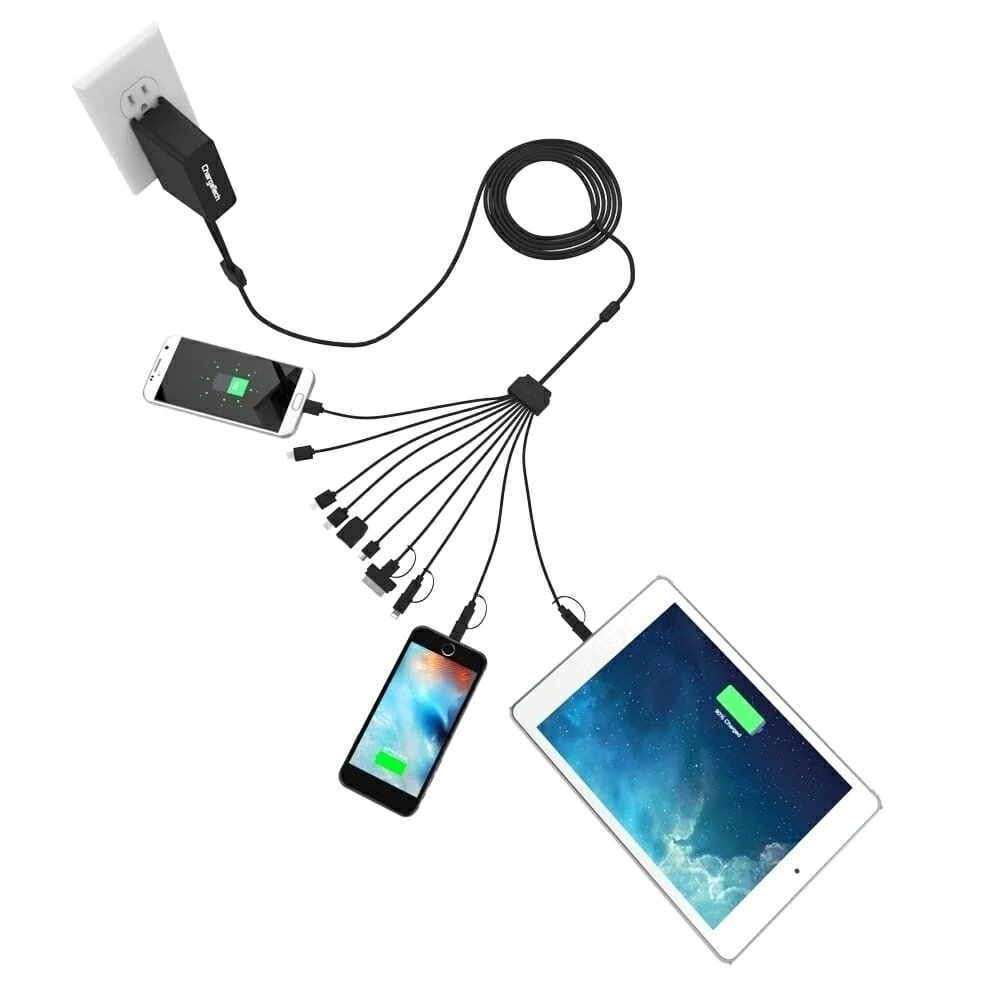
Core parameters: Understand these to avoid pitfalls
1.Output power
Power Matching
The charger power needs to match the fast charging protocol supported by the phone. For example, the iPhone 15 series supports up to 27W, while Android flagship phones may reach 120W.
2.Fast charging protocol
The fast charging protocols of different brands of mobile phones vary greatly:
Huawei/Honor
Need to support SCP/FCP protocol;
Xiaomi/Redmi
Rely on the modified PPS protocol;
apple
Universal PD protocol, high third-party compatibility.
3.Interface type:
Type-C
Mainstream trend, supports reversible plugging and unplugging and high-power fast charging, and will be more compatible in the future (the Ministry of Industry and Information Technology is promoting a unified interface standard).
USB-A
Gradually being phased out, only recommended for users of older devices.
4.Security certification
Quality Certified:International mandatory certification ensures electrical safety (products without this mark are prone to risks such as short circuits and overheating).
Flame retardant material:The casing must be made of virgin plastic, avoiding the use of recycled plastic (which is brittle and flammable).
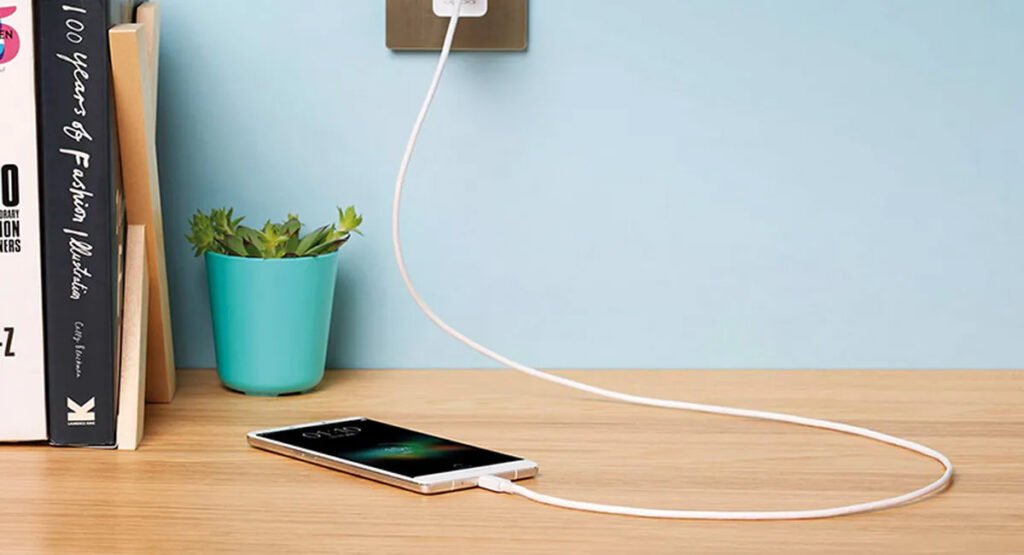
Original vs. third-party: Which one is more suitable for you?
Original charger
Pros
Perfectly adapt to mobile phone fast charging protocol, high security;
Cons
Expensive (1-2 times more expensive than third party).
Third-party chargers
Select the branded ones:Look for well-known brands (such as UGREEN, Anker, and BASEUS), check the certification and avoid low-priced, low-quality products.
Applicable scenarios
Non-proprietary protocol phones (such as Apple, Samsung) or users with limited budgets.
Avoidance guide: Don’t make these mistakes!
Mixing chargers : Different brands of fast charging protocols are not universal. Mixing may lead to slow charging and battery damage.
Ignoring charging cables : Poor quality cables will limit current transmission and even cause safety hazards. Huawei/Xiaomi and other private protocols need to be paired with original cables.
Excessive pursuit of high power : If a high-power charger is incompatible with the mobile phone, it will waste costs. It is recommended to choose according to your actual needs.
Environmental protection trend: future purchasing suggestions
Unified Interface
The Type-C interface will become mainstream, and it is recommended to give priority to it to extend the service life of the device.
Multi-protocol compatibility
Choose products that support universal protocols such as PD and PPS to adapt to more devices.
Summary : Three steps to choose the ideal charger
View Agreement
Confirm the fast charging agreement according to the mobile phone brand;
Check certification
Certified marks + flame retardant material is the bottom line;
Select by application
Select the power and interface type according to your needs.
The choice of mobile phone charger is related to safety, efficiency and device life. Avoid low-price traps and make scientific purchases to make charging more efficient and safer!

